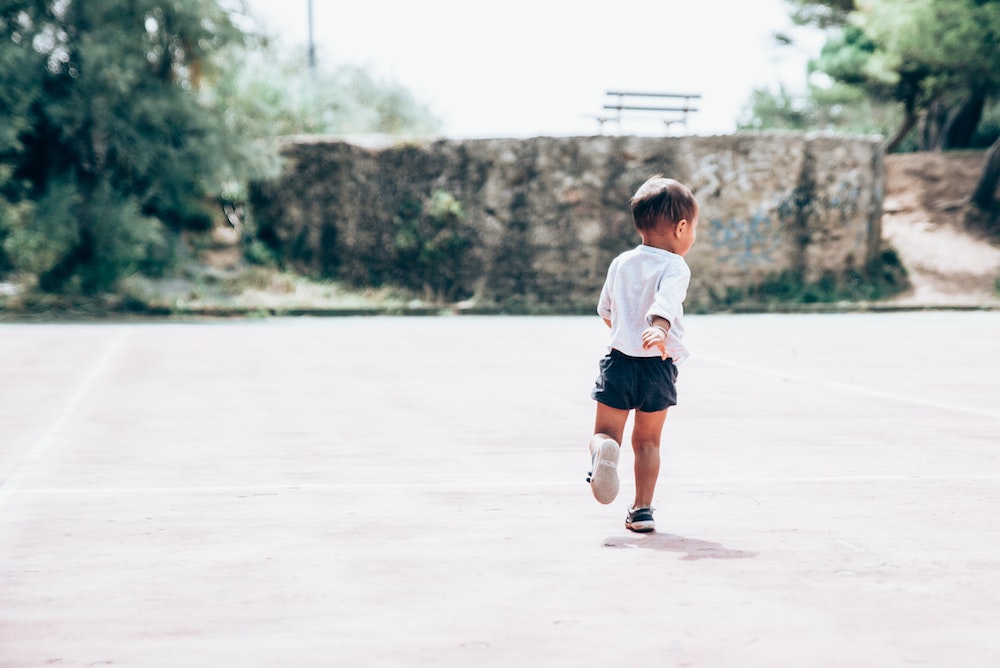July is National Make a Difference to Children month. Every child is influenced by the people they come into contact with and those interactions impact a child’s development and understanding of the world – and the people – around them. Part of what adults can do for children is to build up their self-esteem.
Building a child’s feeling of self-worth is an ongoing and complex process. Self-esteem in a child means that they feel liked and accepted by others, are confident and proud of their abilities, and believe in themselves without being easily influenced by what others think of them.
Positive self-esteem is part of a child’s set of coping skills while learning new things and to better deal with challenging situations in life. When a child’s self-esteem is strong and high, they can be better equipped emotionally to handle stress and change.
Here are four tips for parents, partners and providers to work together to help foster healthy self-esteem in children.
1. Teach Them New Things They Can Accomplish
Learning new things and gaining skills can provide a child with a sense of accomplishment. However, presenting a child with a task that is beyond their capabilities can set them up for a frustrating experience. Pick tasks that are age appropriate and achievable given their current abilities. Any adult who participates in the care of a child can observe where a child is developmentally and can provide input as to new tasks to try, from picking up toys to potty training to reading.
2. Give Praise and Positive Feedback
Even grownups know that communicating the positive first before offering a critique is a better way to share feedback. Children may be more inclined to fixate on the one negative statement you make about their performance or behavior versus the many positive things you say. Learn to start with praise and how to phrase any additional comments so they don’t take criticism to heart. On the flip side, be careful not to overpraise. Praise should be appropriate to the task at hand and the level of completion or achievement.

3. Provide All the Support Needed
Every child learns at his or her own pace. Each child has a unique personality and learning style. Set them up for success by being clear and consistent and by enlisting the support of others to reinforce lessons and messages. If you’re teaching hand washing at daycare, encourage families to use similar techniques at home. Communicate milestones and accomplishments with parents such as through the Childwatch Parent Portal.
4. Be a Role Model
Children watch adults closely and often imitate them. If you are expecting specific positive behaviors from a child, make sure you are modeling those behaviors as well. Would you like a child to speak in a quieter volume? Watch the volume of your own voice. If you are helping a child learn to put on their rain gear when it is raining outside, make sure to be wearing yours as well. If you make a mistake, admit it and let children know that everyone makes mistakes. Show children that even when we make mistakes, things will work out in the end. Reinforce the idea that nobody is perfect and that’s okay.
It truly takes a village to bring a child up to be strong, confident and eager to learn. Some of the best things you provide for a child is stability, patience and compassion as they navigate the world around them.

